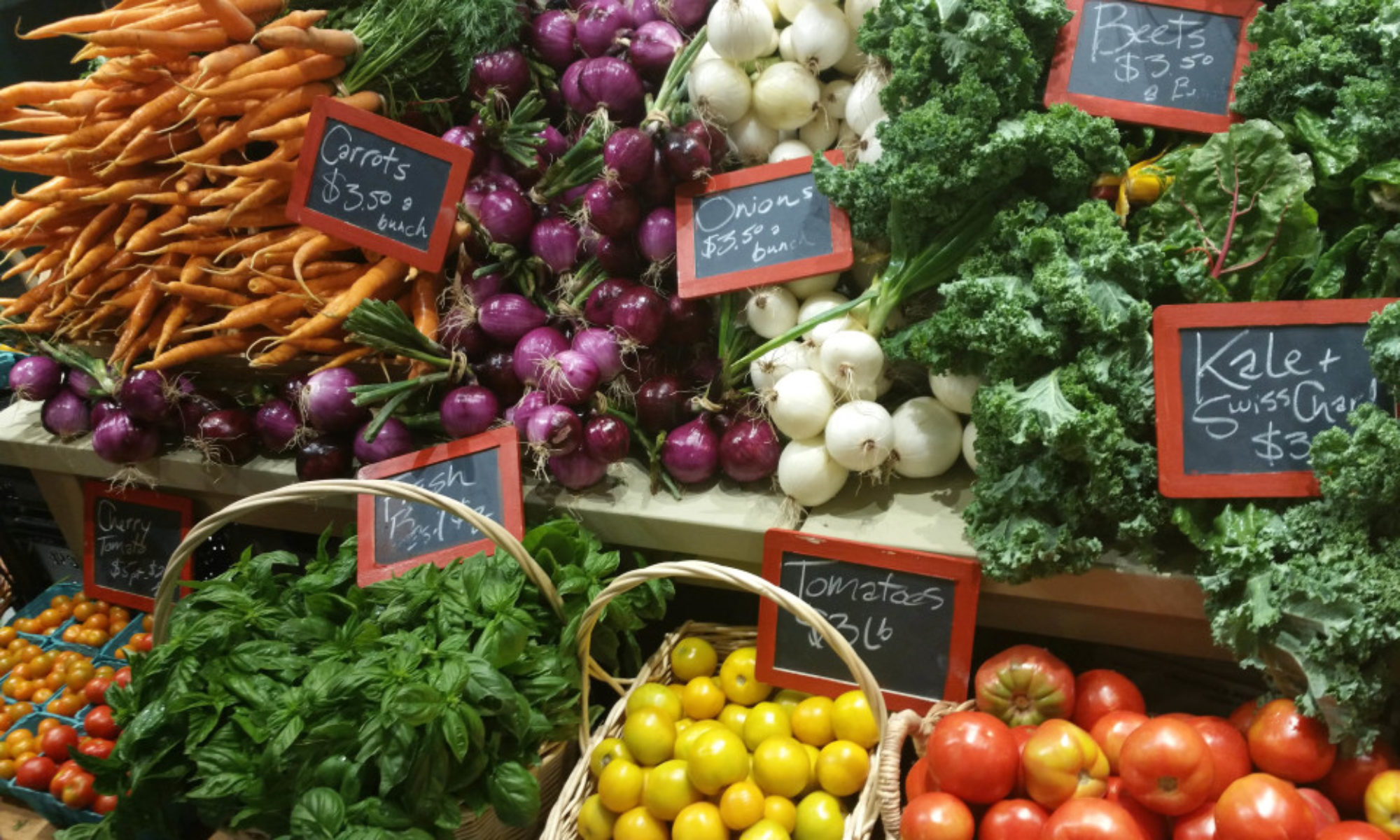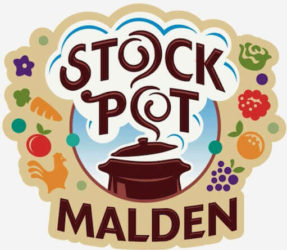Being a Covid-19-vulnerable, past-his-prime human specimen, I come to our Stock Pot Malden kitchen in late evening when everybody is gone. The landscape there is eerie. For the first time in many years, there is empty shelf space as some of our member companies have bitten the dust. The kitchen is immaculate and I find myself desperately looking for incriminating vegetable remnants hiding under prep tables. The whirring sound of fans whizzing under the hood has now replaced the clanking of pots and pans, the cacophony of languages and the blend of heavy metal music and Latino pop that made our kitchen sing and dance. I feel like the last man on earth.
This is of course not true. There is still some kitchen activity in the daytime, as the most resilient of our food entrepreneurs and our staff continue to produce food for home delivery or charity programs. The live interaction with them is gone, though. No more twinkle-in-the-eye showing of a new dish or excitement about a new sales record on a sunny spring day in Cambridge or Boston. Just the dry electronic exchange of documents to help our members apply for PPP programs or discussion of rent reductions and credit terms to help them survive. They also feel alone.
We are surrounded by midsized or large food companies in Malden, Everett and Chelsea. I imagine these companies are also full of lonely people. I dream of meeting them and developing schemes of what we should do together. I envision a creative business community, part Alcoholics Anonymous and part think tank. Together, we should be able to solve the disturbing paradox of having lots of unused kitchen capacity while many people around us are hungry. We might even create out of necessity an innovative supply chain model that serves as prototype for the post-pandemic era. Could local business communities prove to be the best economic response to the disruption of global supply chains?
Starting with Malden proper, Piantedosi Baking Company has two large plants a stone throwaway from our kitchen. Our member companies frequently buy their bread, yet we have never met any of their managers. Could we help them brand their products by associating them with the culinary high-end image of some of our members (“Piantedosi inside”)?
We have had a brief relationship with Dom’s Sausage, a wonderful butcher, meal provider and distributor at whose store our staff often gets their lunches. We housed their catering business briefly while their kitchen was being rebuilt, but we have never met again since then. I dream of some of our member companies running Dom’s food trucks that would feature the juicy meats and abundant sides they specialize in, feeding policemen and construction workers in all kinds of Boston working class neighborhoods the way they do in Malden.
New England Coffee is another Malden midsized business that is trying to establish its brand of coffee in a world dominated by grocery store brands or café-driven brands such as Starbucks and Dunkin Donuts. I dream of several of our food trucks promoting New England Coffee downtown Boston and alerting their professional customers to the existence of this indigenous Malden brand of coffee.
Going beyond Malden, the city of Everett – about ten minutes way — houses a Restaurant Depot where many of our members go every day for their supplies. We’ve never managed to connect with anybody there. I dream of establishing a service where we would buy in bulk for our suppliers and organize runners that would reduce the overcrowding of their parking lot and store.
Everett is also the home of the new Encore Boston Harbor casino. Under pressure from politicians, the management of Encore valiantly committed to develop a relationship with local businesses such as Stock Pot Malden, but our attempts failed when their big company approach proved incompatible with the reality of small businesses such as ours. For example, Encore’s insurance broker required obtaining $20 MM of coverage to become a caterer to their construction site when the maximum available liability insurance for a food truck is $2 million. I dream of helping Encore people establish their Boston bona fides, for example by supporting a program that would deliver free meals to the city of Chelsea during the dramatic Covid-19 crisis and create goodwill with the local population they seek to attract when reopening.
Speaking of Chelsea, the city is located fifteen minutes away from us and is the home of one of the best local produce distributors in New England: Baldor. Baldor delivers to several of our members at Stock Pot Malden, but we have not yet managed to establish a more generative relationship with them. I dream of building a local supply chain with Baldor that would aggregate local farm produce and allow the displacement of some “Big-Ag-Big Food” in Boston and its replacement with local produce.
Chelsea is also home to the New England Produce Center, a giant warehouse and fleet hub that receives produce from all over the world and dispatches it to retail places in the Northeast. They supply some of Stock Pot Malden’s members, yet we have not been able to construct any relationship with them. I dream of helping them create a more efficient market with greater transparency of supply chain and measurement of produce quality, perhaps with the help of technology.
And the list goes on.Let us not waste this pandemic. It provides the proverbial burning platform for the reinvention of a new local supply chain. Food businesses of the North Shore, let us unite as a community and invent new ways to work with each other. Let us solve the dramatic challenge this public health crisis has unleashed upon us. At the minimum, we should all feel less lonely.


